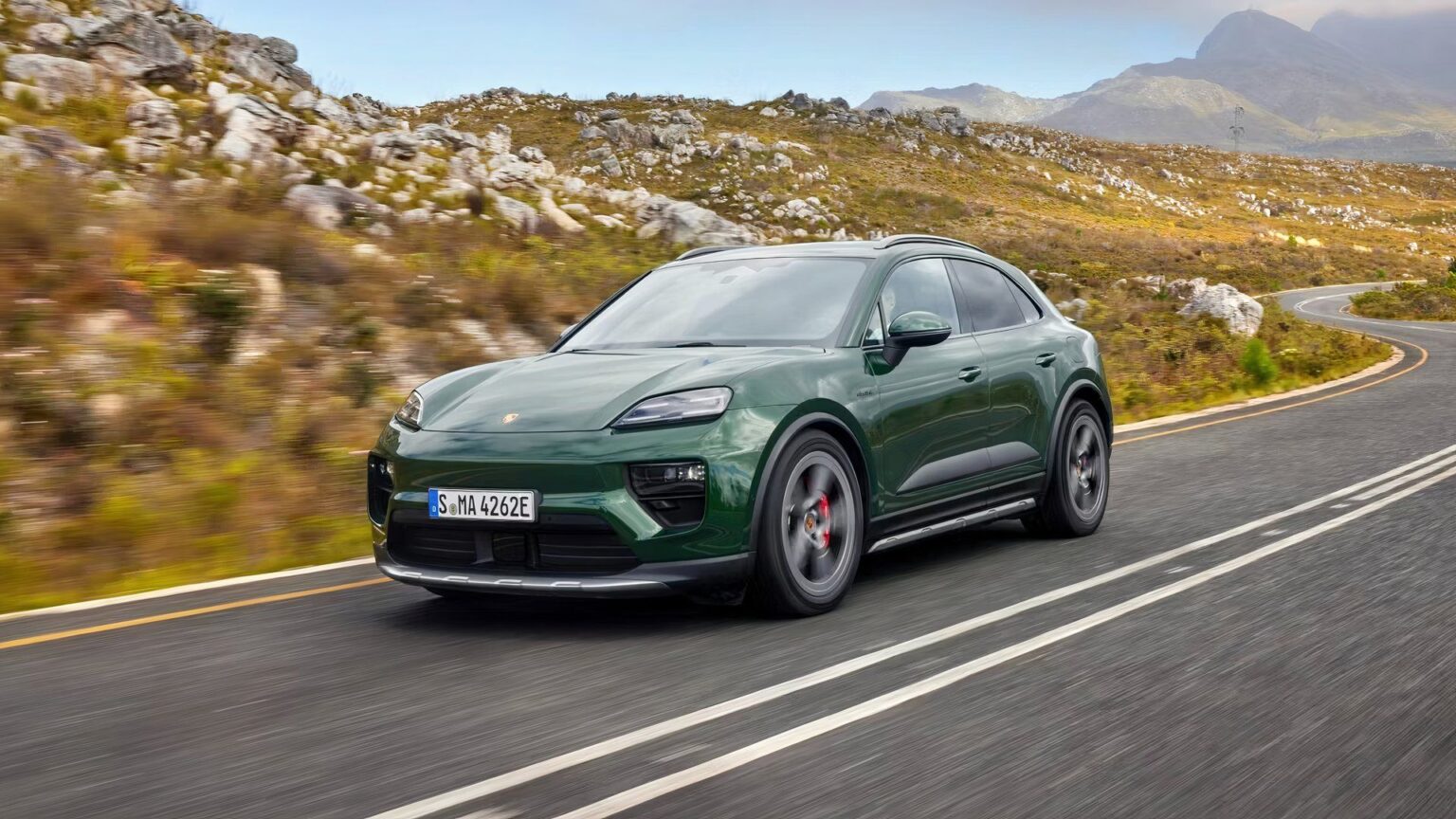Porsche recently revised its ambitious electrification strategy, and more details are emerging surrounding that decision and its implications. The picture these details paint is pretty grim, or at least quite uncomfortable for Porsche. A report from the German news site Automobilwoche depicts a company that had big dreams for EVs, but it is meeting resistance from consumers, stiff competition in China, supply issues, and thousands of jobs in peril. It all points to further changes ahead for Porsche in terms of strategy, and what is essentially a guarantee of a tumultuous year for the German sports car manufacturer.
A Tough Sell
Porsche’s plan was to have 80 percent of its sales be electric by 2030, with the remaining 20 percent consisting of the internal combustion 911. But, Porsche saw premium EV sales slowing, including its own Taycan electric sedan, and Porsche CFO Lutz Meschke said the company would “react in our product cycle.”
The company is also struggling to sell cars in China, where domestic automakers have a huge price advantage. “In China, a combustion engine in the premium segment, which costs 70,000 to 80,000 euros, is competing with Chinese vehicles in the electric segment, which is being pushed onto the market for 30,000 euros and also have a lot to offer,” Meschke said in a Q3 sales presentation.
Future Porsche Models’ Timeline In Question
Porsche has been working hard to develop the electric version of the 718 Cayman and Boxster. Porsche is incorporating learnings from Formula E, and designing the car around a “core” battery to maintain the car’s mid-engine-style center of gravity and true sports car handling. Now Porsche has hit a speed bump with that project, due to its exacting demands for battery specifications and issues with its supplier. Now it appears that the 718 EV will also run behind schedule.
Automobilwoche reports that Porsche may continue other ICE models for longer than it intended. The Cayenne, for instance, is under consideration for a complete update as a combustion model, while the EV, due in 2026, will likely be delayed. The internal combustion Panamera could continue on after 2030, as well. Meanwhile, the timeline for the seven-seat electric SUV, codenamed K1, is now in question as well.
Jobs On The Line
With Taycan sales slowing, Porsche will no longer renew contracts for up to 1,000 temporary workers. The Zuffenhausen factory could be used for the expansion of the 911 production, particularly for vehicle customization.
Porsche is also scaling back sales jobs, according to the report, starting in China, with employment potentially shrinking in Germany, too. According to Automobilwoche, resizing its sales organization could put 8,000 jobs at risk, though no solid plans for cuts have been made.
Read the full article here


